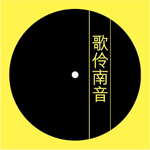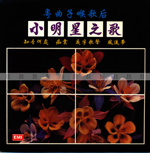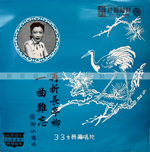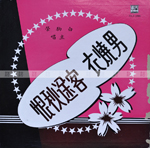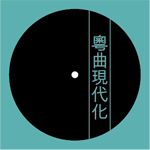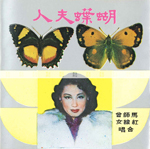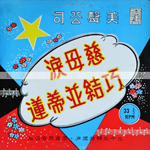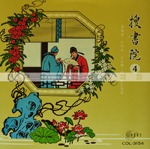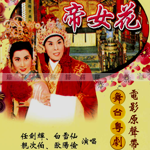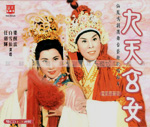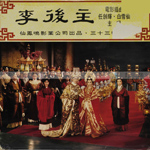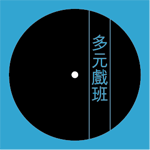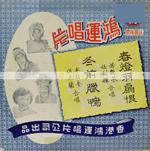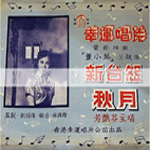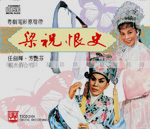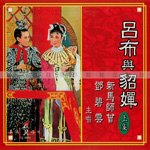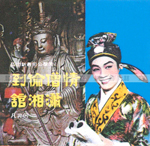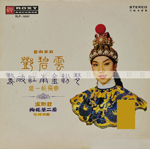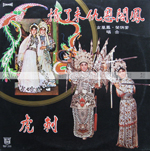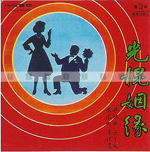Since the early twentieth century, Hong Kong has always been an important venue for Cantonese opera development. After 1949, as a result of political turmoil in the Mainland, performers and troupes converged and resettled in the territory, leading to a tremendous prospering of Cantonese opera in the subsequent decade. This development is linked intimately with the rise of the electronic media.
Performers and troupes began to grasp the possibilities offered by film and radio to re-examine age-old performance practices with regard to acting, singing, script writing, instrumentation, and stage set-up. They brought in novel elements from the theatre and movie world, and participated in the production of films and records. With these acts, they are extending the movement to modernize Cantonese opera that began in the 1930s.
Wong Jum-sum was thoroughly immersed in the world of Cantonese opera from young. Through his close encounter with master performers like Hung Sin-nui, Ma Si-tsang, Yam Kim-fai, Pak Suet-sin and Tong Dik-sang, he witnessed first hand the modernization of Cantonese opera, and was mightily moved by the adventure and passion he saw.
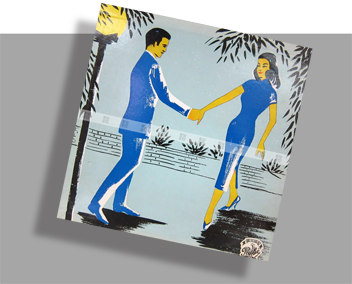

作曲:金流
作詞:金流
主唱:吳鶯音
天上的月正清明
我來把它當面鏡
每個靜夜將面臨
照我美貌年輕
哥啊 你可把妹來看得清
妹妹比嫂嫂更多情
天上的月正清明
我來把它當盞燈
每個靜夜將我照
照我純潔的心
哥啊 你可把心兒看得清
妹妹的心正對著哥的心
清明的月在眼前
我來把他當哥的面
每個靜夜來相見
相見只恨太晚
哥啊 你可否天明不要走
陪同著妹妹到明天
